Home >Computer Tutorials >Computer Knowledge >win7c disk space keeps getting smaller
win7c disk space keeps getting smaller
- WBOYWBOYWBOYWBOYWBOYWBOYWBOYWBOYWBOYWBOYWBOYWBOYWBforward
- 2024-02-13 10:12:28837browse
php editor Xinyi discovered that some Win7 users will encounter a problem during use: the available space on the C drive continues to decrease. This problem bothers many people, causing the system to slow down or even not function properly. What is the reason why the C drive space keeps getting smaller? In this article, we will answer this question for you and provide solutions to help you solve this long-standing problem.
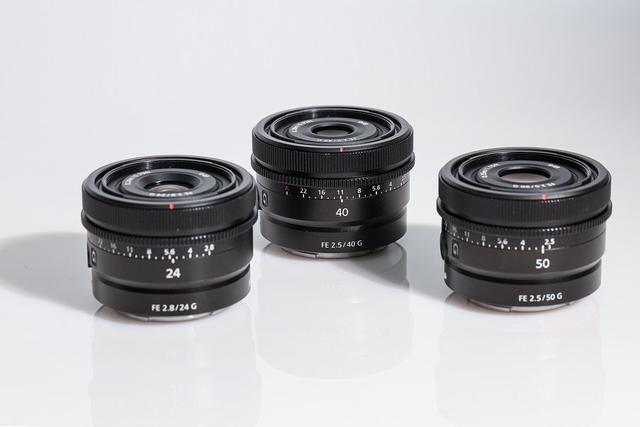
"Triplets" with the same size and different focal lengths
Sony FE 24mm F2.8 G, FE 40mm F2.5 G and FE 50mm F2.5 G lenses are all made of metal The mirror body design has outstanding texture and solid feel, with a hint of retro feel. All three lenses are dustproof and splashproof, making them suitable for shooting in harsh weather conditions.
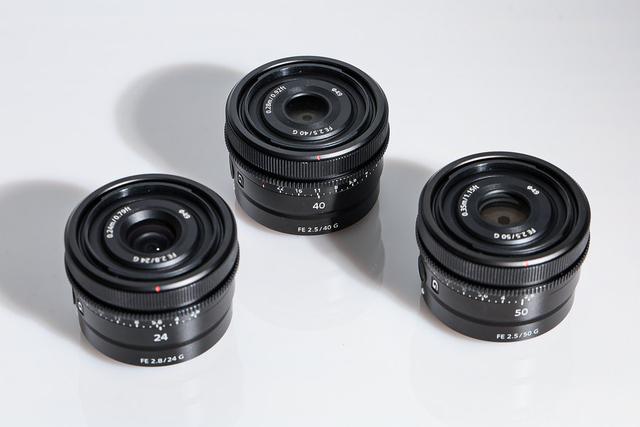
The three lenses are basically the same size and shape
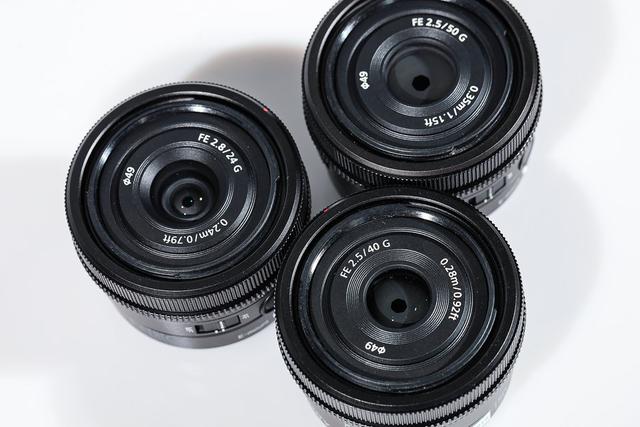
They all have 49mm filter size
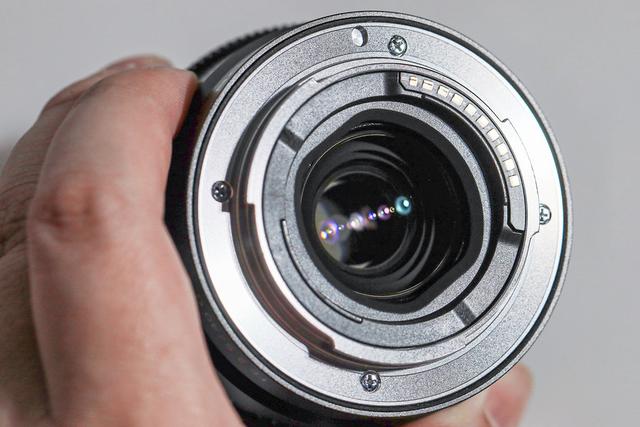
Metal mount and excellent protection Sex
The three lenses have the same size, filter diameter and appearance. They are all very refined and have professional-level controllability. FE 24mm F2.8 G, FE 40mm F2.5 G and FE 50mm F2.5 G are all equipped with manual aperture rings, which feel very obvious when switching apertures, and can also be switched to infinite aperture mode, so that they can be adjusted when shooting videos The aperture will not record the sound of switching aperture, and it can also make the depth of field change more smooth and natural.
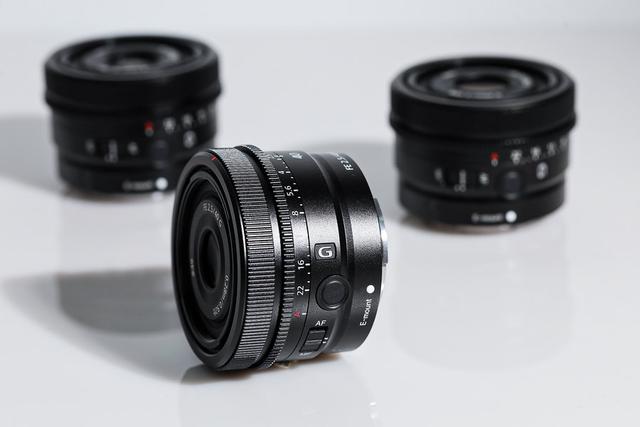
Equipped with aperture scale ring
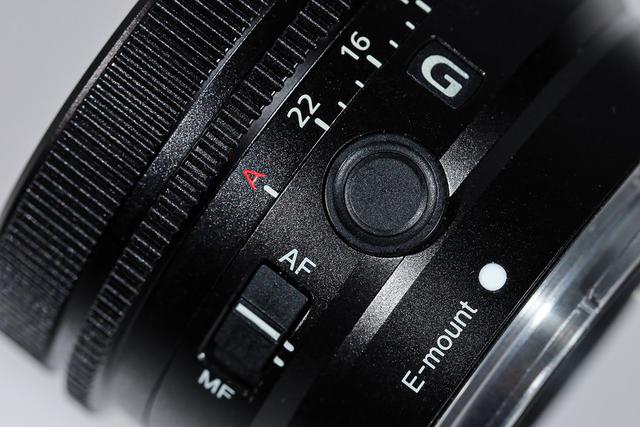
Focus hold button and focus mode lever
In addition, the lens body of the three lenses also has customizable features. The focus hold button allows users to set shortcut keys according to their needs. In terms of focusing system, all three lenses use two linear motors to provide fast, precise and quiet autofocus functions, and have excellent tracking focus performance. Additionally, these lenses feature an internal focusing design, making it easier to use filters.
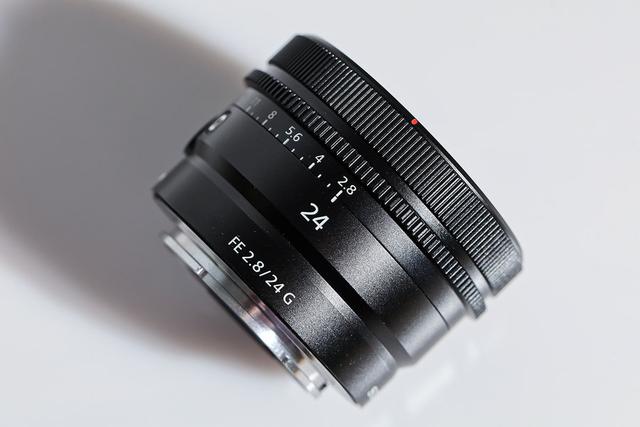
FE 24mm F2.8 G has a maximum aperture of F2.8
The Sony FE 24mm F2.8 G lens adopts an optical design of 8 elements in 7 groups, including 3 aspherical lenses And 1 piece of ED ultra-low dispersion lens.
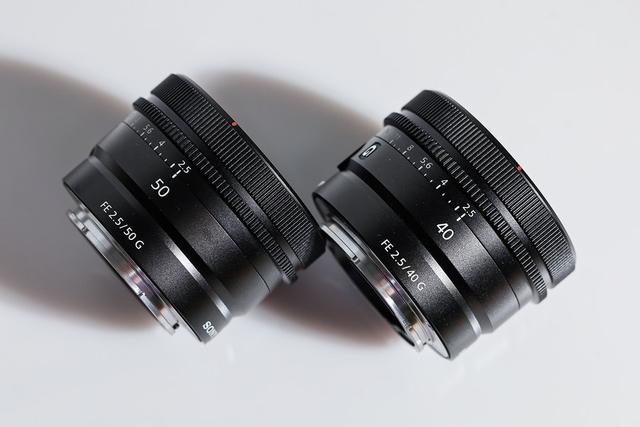
The maximum aperture of FE 40mm F2.5 G and FE 50mm F2.5 G is F2.5
The other two lenses are FE 40mm F2.5 G and FE 50mm F2.5 G has the same optical structure design of 9 elements in 9 groups, of which FE 40mm F2.5 G has 3 aspherical lenses built-in, while FE 50mm F2.5 G has 2 aspherical lenses and 1 ED ultra-low dispersion lens.
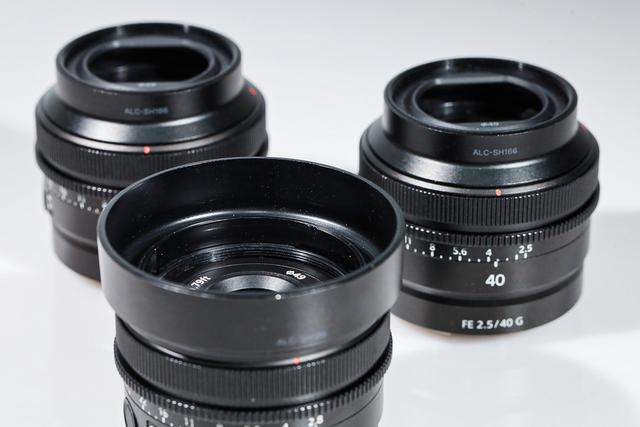
Metal lens hood, very sturdy and reliable
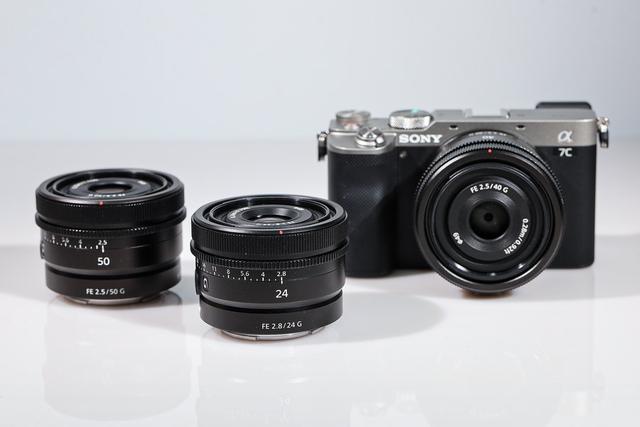
It is worth mentioning that this time, these three mini G lenses are specially designed with excellent close-up capabilities. , in manual focus mode, the minimum focusing distances of FE 24mm F2.8 G, FE40mm F2.5 G and FE 50mm F2.5 G are 0.18 meters, 0.25 meters and 0.31 meters respectively, and the corresponding maximum magnifications are 0.19 respectively. ×, 0.23× and 0.21×; in autofocus mode, the minimum focusing distances of the three lenses FE 24mm F2.8 G, FE 40mm F2.5 G FE 50mm F2.5 G are 0.24 meters, 0.28 meters and 0.35 meters is quite good.
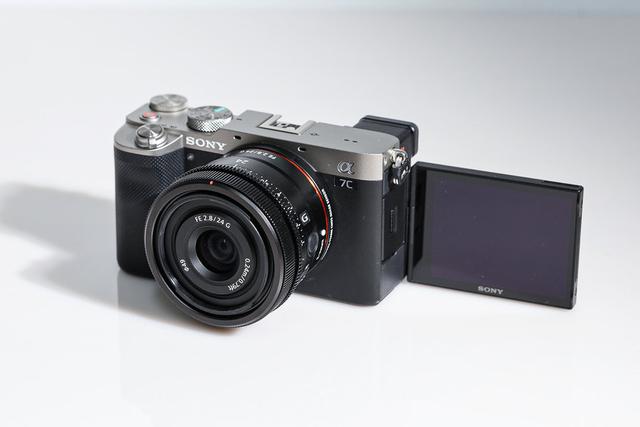
Sony FE 24mm F2.8 G with Alpha 7C full-frame mirrorless camera
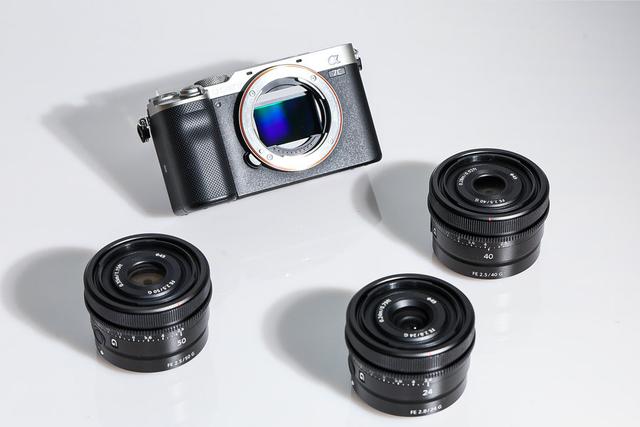
These three lenses are very suitable for use with Sony full-frame mirrorless camera, especially when paired with a compact camera Sony's full-frame mirrorless Alpha 7C is used to shoot vlogs. It is lighter and more portable. When used with a stabilizer, the weight and center of gravity are almost unchanged. At the same time, each lens has an obvious focal length mark, making it easy to switch quickly and interchange lenses. convenient.
Excellent optical quality
Next, let’s take a look at the image quality of Sony FE 24mm F2.8 G, FE 40mm F2.5 G and FE 50mm F2.5 G lenses In terms of actual performance, the three lenses are all Sony G lenses, and they all use a lot of special lenses. I believe they should have good performance in terms of image quality. This time, we are using the Sony Alpha 7C mirrorless camera with a 24.2 million effective pixel full-frame back-illuminated Exmor R CMOS image sensor. (Real scene sample shooting, exposure is A aperture priority, highest quality JPG format, full pixel size output, automatic white balance, standard color mode, in-camera correction turned on, shooting data is for reference only)
Sharpness: 24mm

Judging from the above actual tests and 100% enlarged screenshots, the performance of the Sony FE 24mm F2.8 G maintains the high-resolution characteristics of the Sony G lens and maintains good resolution throughout the entire aperture coverage. High resolution, even at the maximum aperture of F2.8, the center image quality and edge image quality have reached very high resolution. This is mainly due to the excellent optical design and the use of special lenses such as aspherical and ultra-low dispersion. Moreover, as a wide-angle lens, the sharpness of the edge quality of the FE 24mm F2.8 G is a bit beyond my expectations. Except for the F22 aperture, where the picture is a little unexpected due to lens diffraction, the picture is very solid and clear at other apertures. , you can use it with confidence even with a small aperture like F16.
Sharpness: 40mm

It is not difficult to see through actual shooting that the Sony FE 40mm F2.5 G has a very good performance even under the condition of full aperture. The performance, center sharpness and edge sharpness are both remarkable. The excellent performance of the entire lens continues up to F16, and when reaching a small aperture such as F22, due to the diffraction problem caused by the small aperture, the edge image quality is somewhat lost, but the loss of center image quality is not obvious. It can be said that the Sony FE 40mm F2.5 G lens also performs quite well in terms of resolution.
Sharpness: 50mm

Like the other two lenses, the Sony FE 50mm F2.5 G is very sharp and solid in both center and edge imaging, especially at the maximum aperture. The sharpness at F2.5 is also very high, which surprised me somewhat. Further narrowing the aperture thickness, the center resolution of the lens is significantly improved, and it maintains high sharpness until the aperture of F11. Even at the small aperture of F16, the sharpness does not drop significantly due to diffraction. Can be used with confidence.
Vignetting:
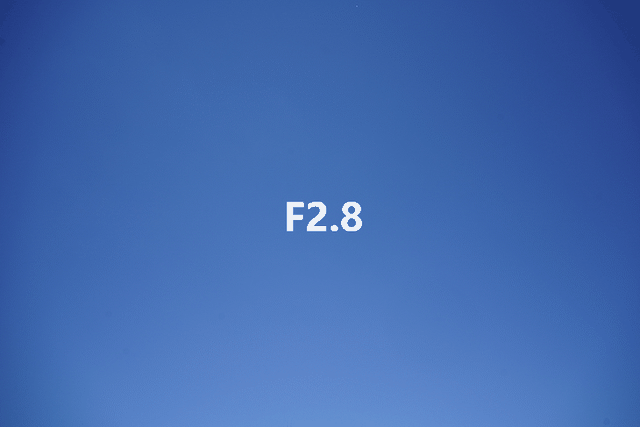
FE 24mm F2.8 G
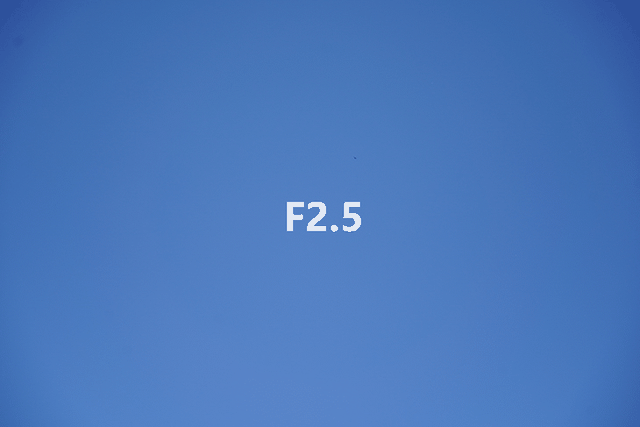
FE 40mm F2.5 G
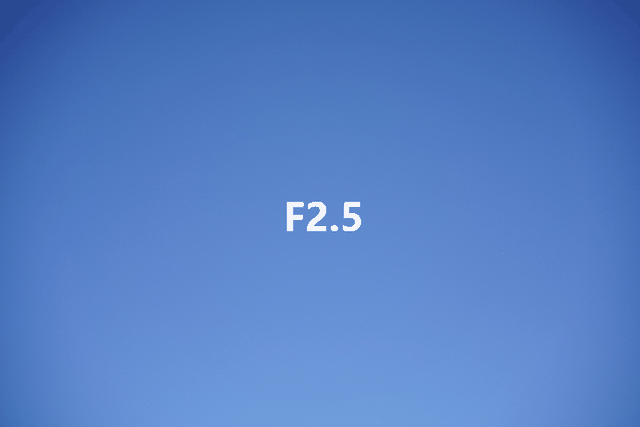
FE 50mm F2. 5 G
Generally speaking, large aperture lenses, wide-angle and ultra-wide-angle lenses are more likely to lose light around the main line. Judging from the actual shooting results, the Sony FE 24mm F2.8 G lens has a better performance at F2.8 There is inevitably slight vignetting at the maximum aperture, but it is significantly improved after the F5.6 aperture; and both the FE 24mm F2.8 G and FE 24mm F2.8 G lenses have slight vignetting at the maximum aperture of F2.5. Appears, and the vignetting situation is alleviated when the aperture is stopped down a few stops.
Distortion:

FE 24mm F2.8 G

FE 40mm F2.5 G

FE 50mm F2.5 G
The distortion control of the Sony FE 24mm F2.8 G is also very satisfactory. There is no barrel distortion that is more likely to occur in wide-angle lenses in the past, which makes the picture performance more natural when shooting architecture and other subjects; FE 40mm F2 The .5 G and FE 50mm F2.5 G lenses also have no obvious distortion, and the weak pincushion distortion is negligible.
Dispersion:
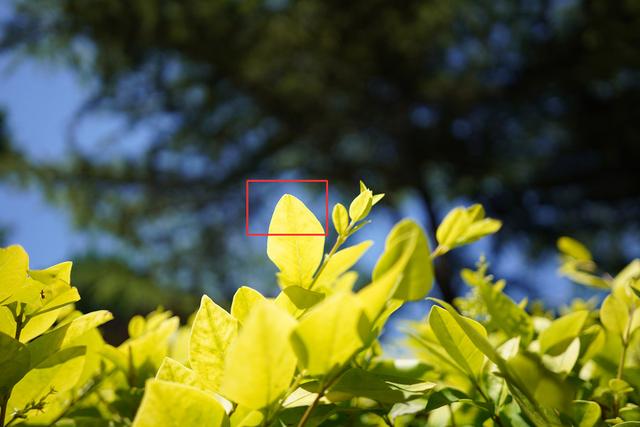
FE 24mm F2.8 G sample shot

100% enlarged screenshot, F2.8 aperture
at Dispersion (purple fringing, blue fringing, green fringing) can easily occur in a large light ratio environment. The use of ED ultra-low dispersion lenses allows this FE 24mm F2.8 G lens to perform very well in controlling dispersion. There is no obvious purple or blue-green fringing when the aperture is fully open.
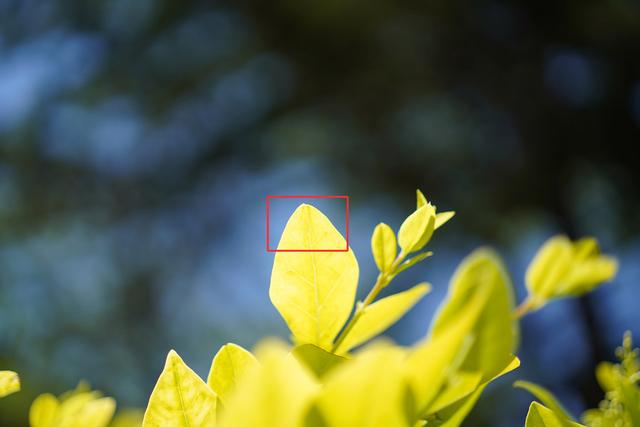
FE 40mm F2.5 G sample shot

100% enlarged screenshot, F2.5 aperture

100% enlarged screenshot, F4 .0 aperture
The Sony FE 40mm F2.5 G lens has a relatively slight front purple and back green dispersion when the F2.5 aperture is fully opened, but when the aperture is slightly reduced, this situation basically disappears. .
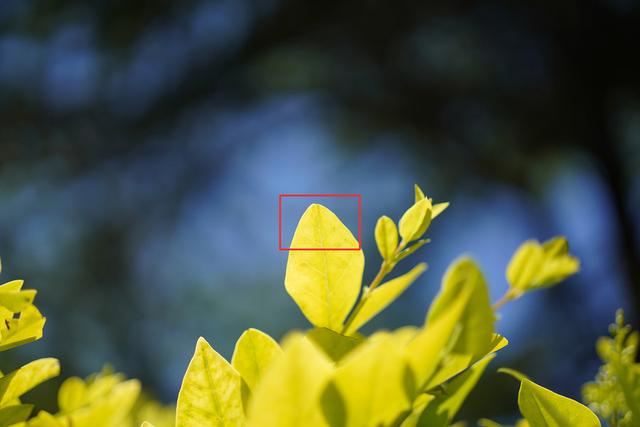
FE 50mm F2.5 G sample shot

100% enlarged screenshot, F2.5 aperture

100% enlarged screenshot, F4.0 aperture
Uses a low-dispersion ED lens FE 50mm F2.5 G lens, which performs better than the FE 40mm F2.5 G when the aperture is fully open The performance is slightly better, with only a slight green edge outside the focus. This is related to the use of special lenses, but at the maximum aperture, I think it can be used with complete confidence.
The above is the detailed content of win7c disk space keeps getting smaller. For more information, please follow other related articles on the PHP Chinese website!
Related articles
See more- How to enter the system if you forget your password in win7?
- How big is the computer partition C drive?
- Why does my computer only have C drive?
- How to solve the problem that the account is deactivated after restoring the factory settings in win7 system
- In which folder are the desktop files located on the C drive?

